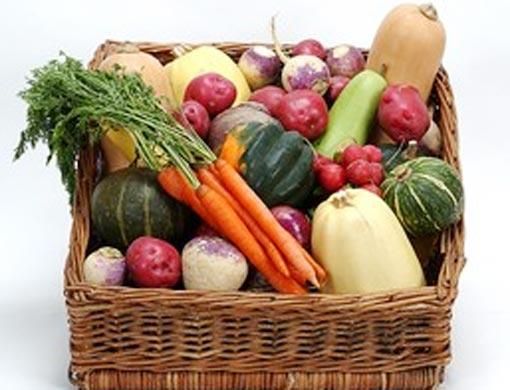Dubai: Supermarkets expressed mixed reactions on Wednesday to a Ministry of Economy initiative aimed at stabilising food prices and reducing inflation.
The cost of 16 basic food items at the Union Cooperative Society has been frozen at 2007 levels in a Memorandum of Understanding signed with the ministry.
Under the terms of the memorandum, the Cooperative will outline and implement a programme to preserve the prices of 16 basic commodities throughout 2008.
The items that will have prices frozen include vegetable oil, rice, flour, eggs, sugar, powdered milk, long-life milk, tea, Indian mutton, Australian beef, chicken, fish, Arabic bread, sliced bread, beans and lentils.
The programme also aims to highlight the role the Cooperative plays in controlling monopolies and the high cost of living.
Khalid Humaid Al Falasi, General Manager of the Cooperative, said the initiative was based on the Society's objectives to maintain price stability for the retail sector in the UAE, particularly the basic food goods which represent around 30 to 40 per cent of consumer purchases.
But Sultan Hamid, Undermanager for Operations and Foreign Trade at Sharjah Cooperative Society, is sceptical of the initiative and said the fixing of prices was not possible unless the government subsidised the items.
He said: "We at Sharjah Cooperative Society are already selling at cost prices. But the fixing of prices is not possible in the light of suppliers increasing their costs." A spokesperson for Spinneys said they also had no plans to freeze prices at their store.
"Spinneys believe in the free market because history has proven it to be the most effective price regulator," the spokesperson said.
Ashraf Ali, Executive Director of Lulu Hypermarket Chain, said he fully supported the government's initiative but said Lulu was already doing its bit to keep prices low.
Competitive prices
"We have a wide range of Lulu branded products which offer great value for money compared to the more expensive brands. Our own product covers all categories in the supermarket and our customers enjoy some of the most competitive prices in the city."
Abdullah Al Suwaidi, General Director at the Ministry of Social Affairs, told Gulf News they welcomed any initiative that supported the economy.
"With the initiative, the Union Cooperative is playing its actual role in supporting the economy and helping members of society. We have to look closely at their experience and I hope it will be a successful one," he said.
Sultan Bin Saeed Al Mansouri, UAE Minister of Economy also praised the Cooperative's initiative.
He said: "The first first-phase initiative underscores the vital role that co-op societies can play in stabilising commodity prices and preserving market balance.
"Last week the Ministry of Economy honoured the Cooperative for its vital role in bridging the price gap at local markets through direct imports of various food commodities.
"The Cooperative is continuing with its pioneering initiatives to combat monopolies and exploitation, which are against healthy competition in the market."
See also Page 33
rate control
Residents cautious
Residents welcomed the ministry's move to regulate prices but said it was not enough to curb the drastic hike in food prices.
Mohammad Darwich, a Palestinian architect coordinator from Sharjah, said it was a good move but doubted whether it would have a positive impact on the economy as a whole.
"First of all I doubt that other supermarkets will follow suit. But more importantly will the items with fixed prices always be available? What's really missing is a proper mechanism that monitors prices," he said.
Hothaifa Al Khayat, a Syrian assistant civil engineer from Ajman, said it was a good initiative but a little too late.
"To freeze the prices of some items is not the solution. What about all the rest of the commodities? What if their prices increase dramatically to substitute for the fixing of the 16 commodities?" he said.
Dana Tawfik, a Palestinian student, said in order for the initiative to be effective more products had to be implemented. "A cap on petrol prices and rent would prove more efficient methods to curb inflation," she said.
Khalid Bin Deemas, a UAE national banker, said it could be an efficient move but only if supermarkets' prices are controlled.
"In order for this move to be effective it needs to be implemented across the board in all cooperatives and supermarkets," he said.
- W.I.













